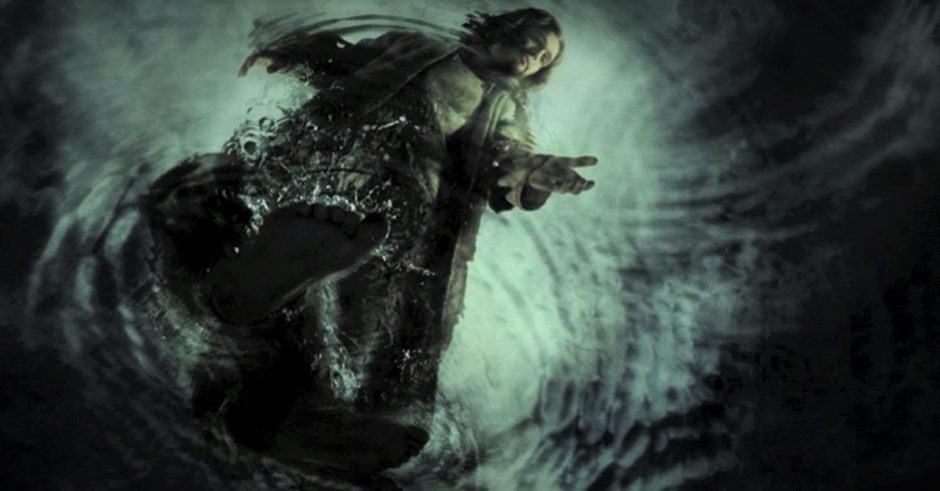This Week in Recovery Lesson
That’s All I Need!
We live in a social culture that promotes the “It’s all about me” ideal. The fact is that it has been all about me and all about you since Adam and Eve. They were tempted because they wanted more than what they had—even though they had it all. Their discontentment led to their self-centeredness and a feeling of entitlement. The Bible’s three letter word for self-centered ambition is sin. The Bible instructs that we are born into a culture of sin. In other words, we are born into a world subject to the law of selfish sin because of an inherited predisposition to sin dating all the way back to Adam and Eve. The Bible also teaches us that we sin when we have knowledge of our sin—essentially coming into awareness of right and wrong, good and bad, moral and immoral. The Apostle Paul uses the parallel of the law, the commandments to Moses, as a barometer by which to gauge our knowledge of sin.
Therefore by the deeds of the law no flesh will be justified in God’s sight, for by the law is the knowledge of sin. Romans 3:20 (NKJV)
He writes that this law is a good thing since it helps us to know the difference between right and wrong. But then Paul makes the point that the more we know the difference between right and wrong, good and bad, the more aware we become of how much more we are choosing wrongly and behaving badly.
But sin, even the appearance of sin, was producing death in me through what is good, so sin through the commandment might become exceedingly sinful. Romans 7:13 (NKJV)
This makes sense. We learned the law of sin when Adam consumed knowledge in the Garden of Eden. Paul also said in Romans chapter seven, “For sin seizing the opportunity by the commandment—which was to bring life, deceived me, and by it killed me.” The commandment originally was access to of all the fruit—meaning to enjoy all of God’s provision and blessing, but do not eat of the tree of knowledge of good and evil. God allowed Adam and Eve to possess and eat of all of the fruit in the garden, giving Adam and Eve total access to possess everything that was his, but to eat of the tree of knowledge was certain death. They had it all and then wanted the one thing they could not have. God has given us so much in this life, yet like Adam and Eve, we so often choose that which is unhealthy and destructive. We’ve even been warned of the danger and risk of unhealthy lifestyle choices, and yet we pursue risky and dangerous lifestyle activities anyway. When we learn what hurts, why do we still do it?
It is this lack of or absence of control in our core discontentment and dissatisfaction that leads to our shift in focus. Adam and Eve were focused on the work of God in the world until they became aware of their discontentment that rendered them dissatisfied with what they were, what they had, and what they were doing. Their purpose radically changed from living to please God to protecting their own interests and satisfying themselves. The problem was that, according to this principle of scratching their itch, they would grow increasingly dissatisfied, always more and more itchy.
- How might you identify with the Steve Martin character (Nathan) in the video above?
- What does it mean to you to be addicted to selfish sin?
- Would you agree that you are addicted to selfish sin? Please explain.
- When you consider Adam and Eve in God’s garden, what comes to mind as to what that may have looked like and felt like?
- What was it about the human nature of Adam and Eve that their paradise existence proved insufficient for them?
- What could they have possibly needed or wanted that they did not already possess or have access to?
- How would you say this is true of you?
